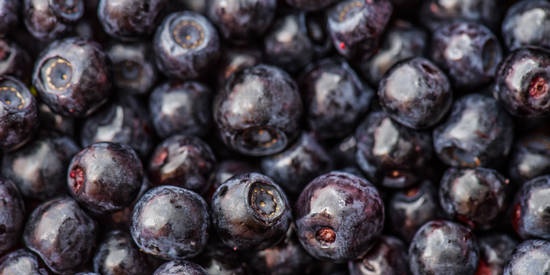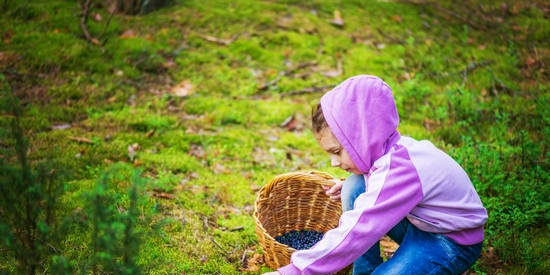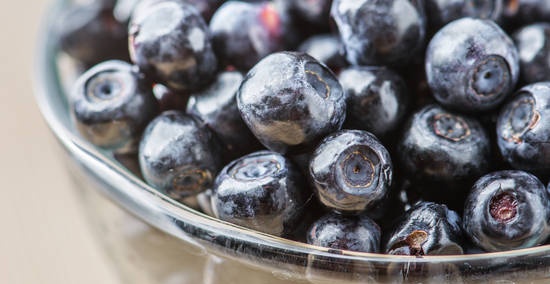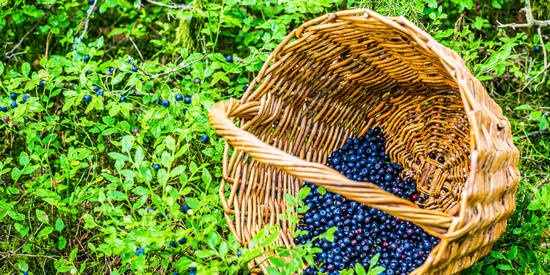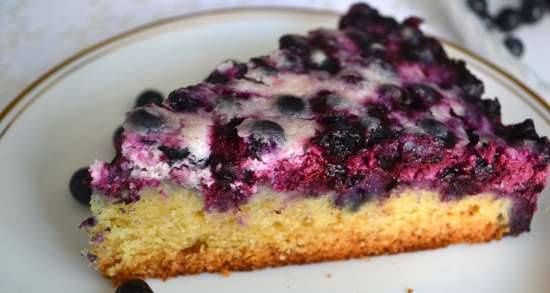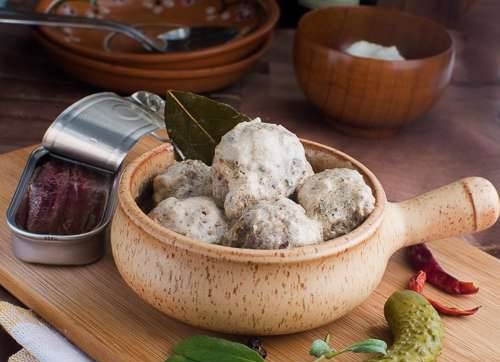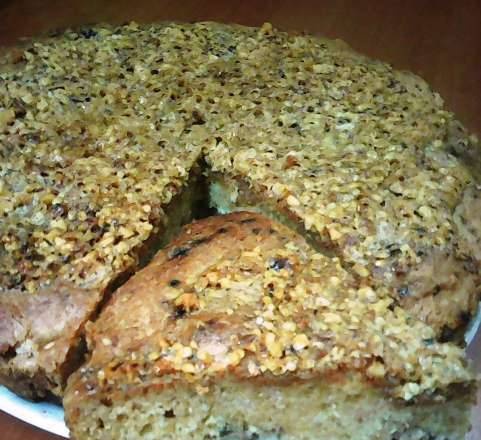How do blueberries affect children's brain activity? |
|
A new study found that children who eat blueberries respond about 10 percent faster. Researchers at the University of Reading in England have focused on the effects of blueberries on the brain. They examined 21 primary school children, ages 7 to 10, for about three weeks. To begin the study, the researchers gave subjects a drink containing either a high dose of blueberries (about 30 g, or about 1.75 g), a low dose (about 15 g, or about 3/4 g), or a placebo. Prior to that, they tested the participants' cognitive abilities by conducting a series of tests examining their memory and attention. The tests included viewing a row of arrows on the screen and pressing a key corresponding to the direction of the central arrow. The tests became more difficult as the speed of the arrows changed, additional arrows appeared, and whether the arrows were pointing in the same direction as the center arrow.
The study found that eating wild blueberries increased children's reaction times by nine percent without sacrificing accuracy. The effect became more evident as the tests became more complex. Claire Williams, the study's lead author and professor at the University of Reading, explained that blueberries are rich in flavonoids. These compounds are known to improve brain function in adults. This fully controlled, double-blind study is the first study that Williams says is assessing the effect of flavonoids on cognitive performance in children.
According to her, "They have been linked to a range of health benefits, including antioxidant and anti-inflammatory effects, and our latest research continues to demonstrate that there are positive cognitive effects from eating fruits and vegetables, tea, coffee and even dark chocolate that contain flavonoids.". In addition, Williams pointed out in a press release that primary school is an important milestone in a child's education and social development. The findings strongly suggest that eating foods rich in flavonoids, such as wild blueberries, can contribute to overall classroom learning, she said.
A little about blueberriesBlueberries are one of the oldest native berries in North America. These berries have been grown in the harsh environments of Northern New England, Eastern Canada and Quebec for over 10,000 years. They survived the harsh conditions because they contain high amounts of the antioxidants anthocyanin, which is a phytochemical found in fruits that is usually blue in color.Some of the health benefits of wild blueberries include:
Mironova A. (based on materials from DailyMail.co.uk, wildblueberries.com and Reading.ac.uk) |
| More processed food - shorter life | Hyponosodium diet. Conquer hypertension without medication. |
|---|
New recipes
